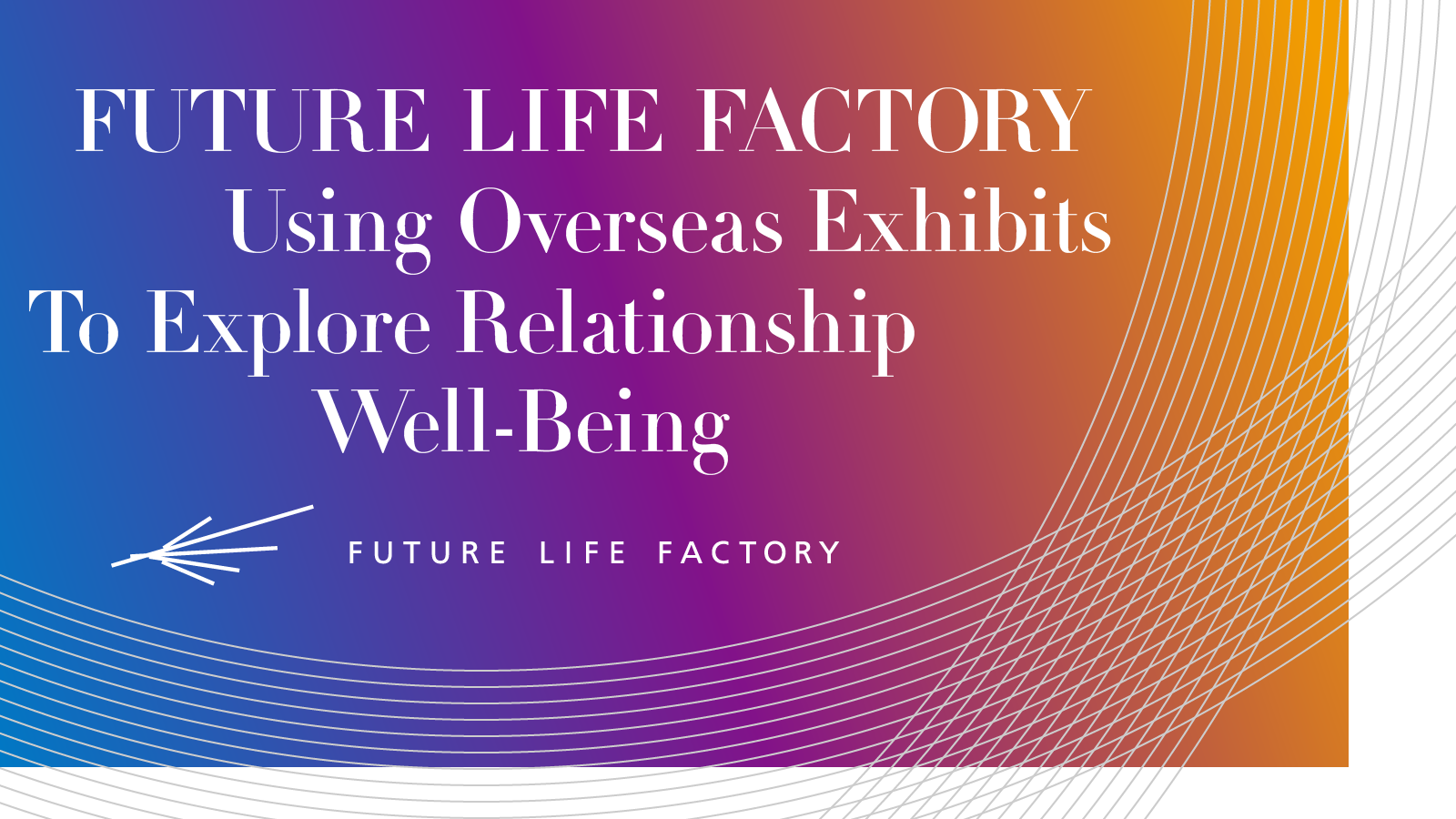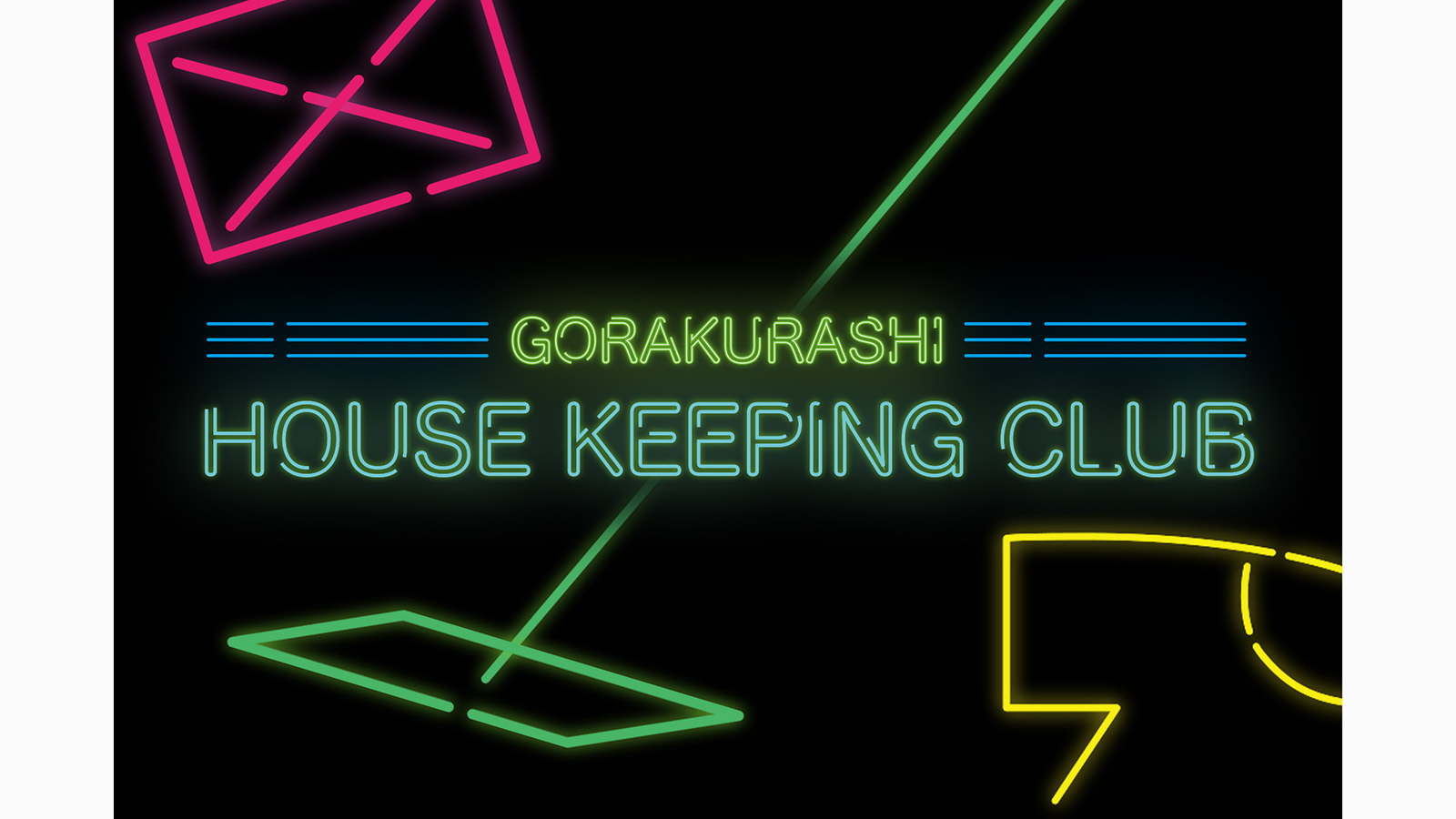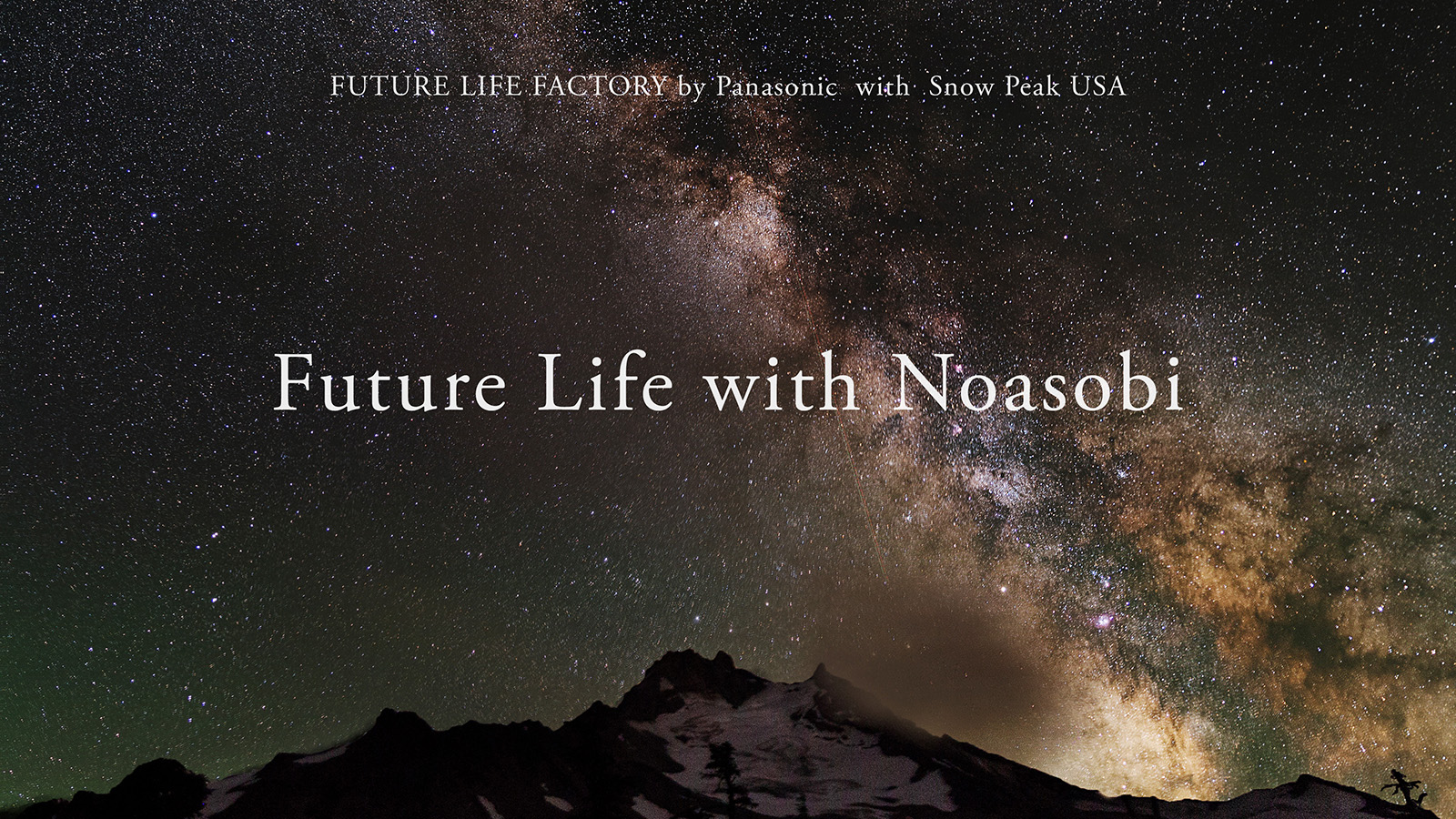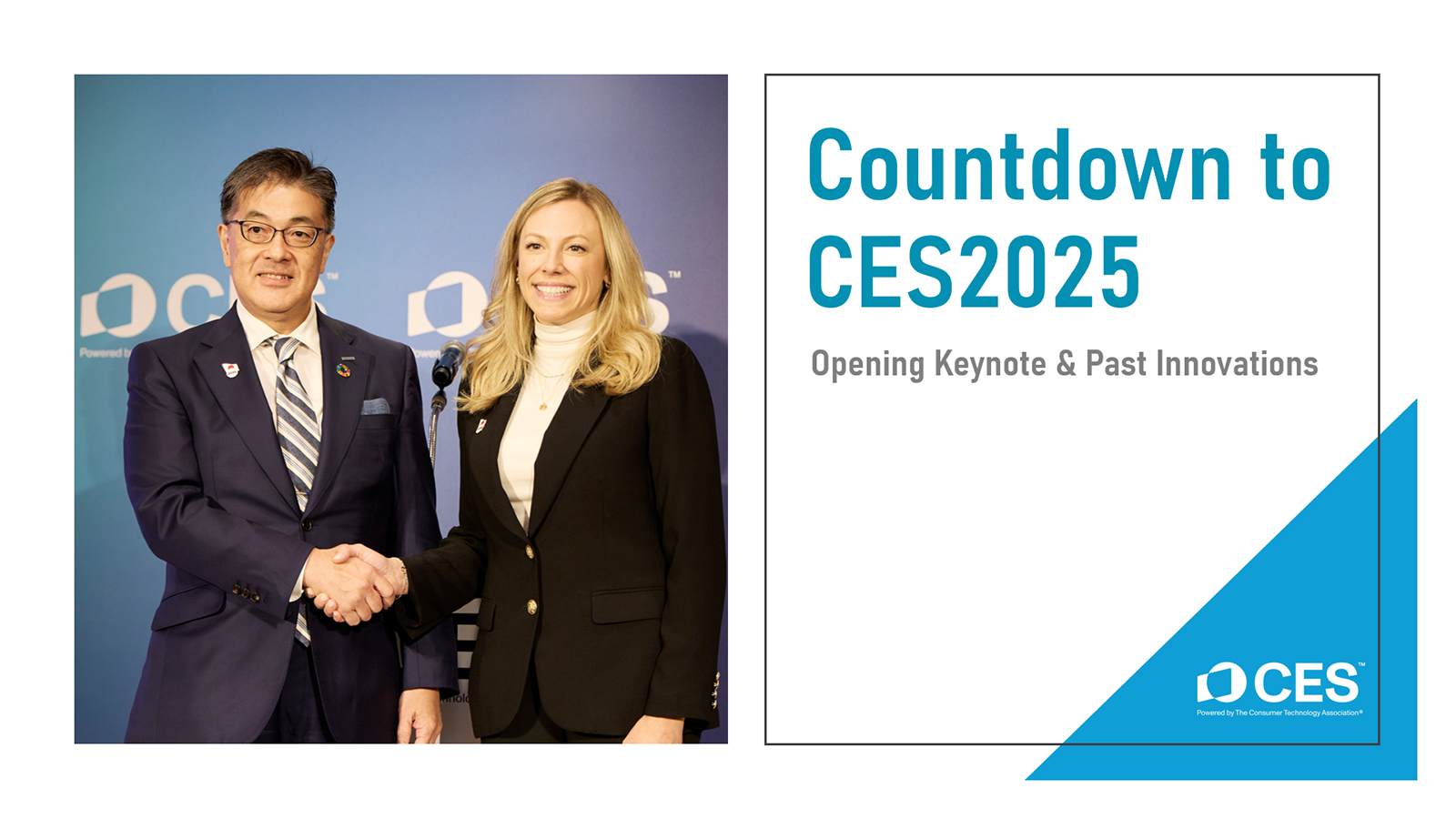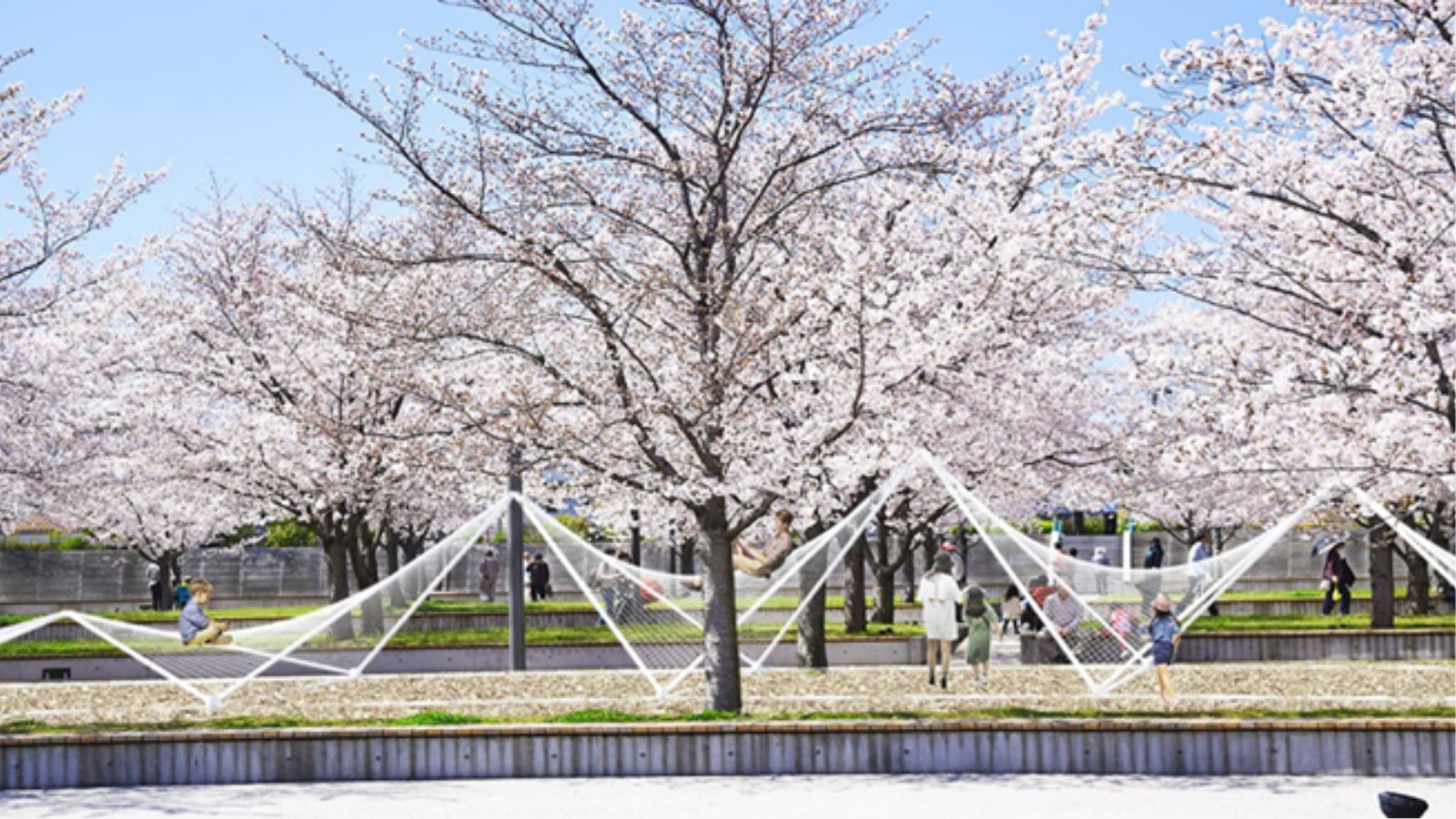FLF members Keita Suzuki and Kei Ogawa answered some questions about the experience:
What was the inspiration behind the exhibit?
Suzuki: We were talking about Japanese yokai (spirit) culture. In Japanese folklore, yokai teach children important lessons about society and nature. For example, kappa (reptilian river spirits) appear in folklore to convey the dangers of playing in rivers and ponds. From there, the discussion evolved into how we could move away from scare tactics and take a different approach to educating, disciplining, and communicating with children. We also thought it would be nice if we could come up with something more modern, something with the same fun and enjoyment as entertainment and games.
Ogawa: There was also a discussion about diversity, and although it’s generally accepted that cleaning is always about “making things clean,” we challenged that definition of clean—and the meaning of cleaning—and focused on “making yourself feel good and having fun.”
What is family relationship well-being?
Ogawa: Housework doesn’t really promote mental or physical well-being, and each family member has their own definition of “clean,” leading to arguments. So, if we make the process enjoyable, there will be fewer disagreements. Ultimately, well-being is about having fun together.
Suzuki: Rather than chores that position “clean” as the goal and compel everyone do them the same way, it’s more important to cultivate a well-being that feels good and leaves people feeling refreshed after doing chores as a family.
Why did you want to exhibit at SXSW and appeal to a global audience?
Suzuki: FLF members are all male and live similar lives, and we weren’t sure that the project was of interest to a broader audience. By exhibiting at events with diverse audiences, we could gather meaningful feedback.
Ogawa: We also went to SXSW in search of partners. To date, we’ve tended to look for partners in Japan, but if we expand the scope of our search to include global partners, I think we will be able to come up with new co-creation ideas.
What sort of feedback did you receive?
Suzuki: Many people overseas have pets, and some said it would be fun to have a DJ lint cleaner like the one we exhibited. Others explained that in the US, children sleep in separate rooms from their parents from a very young age, meaning there are fewer chances for family communication, so it would be good to promote communication through shared chores. We found many common issues related to housework, making it easy to expand the project worldwide.
Ogawa: Aside from the fact that children don’t seem to do chores, which appears to be universal, we also made it a point to design the devices to have an overseas flavor. Sounds and colors would be too flashy for Japan, but at SXSW we saw people dancing and enjoying themselves—it really drove home the difference between Japan and other countries when it comes to accepting new things.


